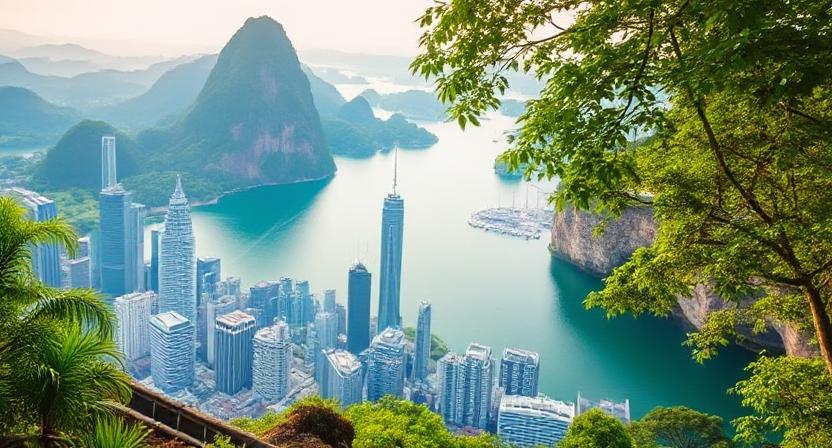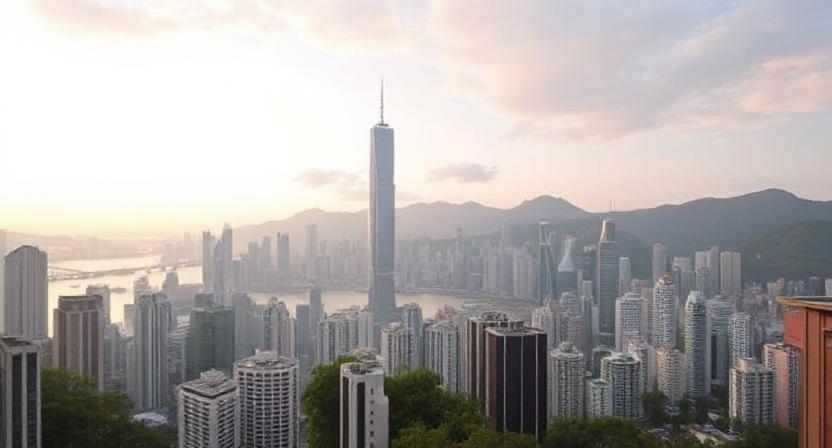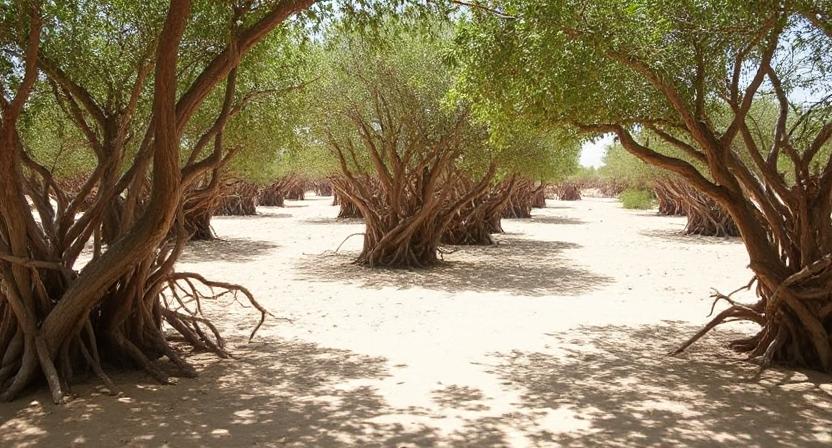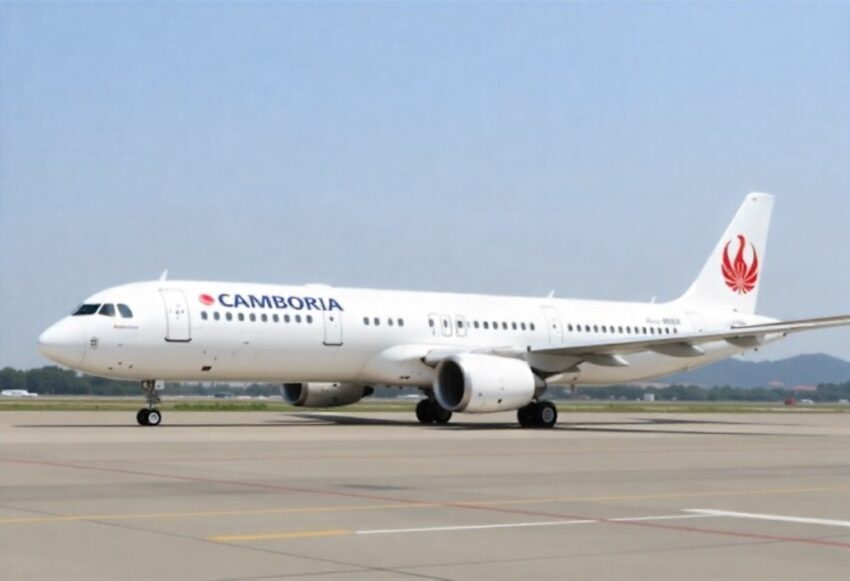SUNDAY Hotel Enters Wildlife Tourism Market in India with Luxury Eco-Resorts at the Key National Parks, Offering Curated Nature Experiences and Sustainable Tourism

SUNDAY Hotel, PRISM’s luxury brand (earlier Oravel Stays), is diving big into India’s wildlife tourism, with plans to open its first property in Kiyari Kham, close to the Jim Corbett National Park, in 2023. This is the launch of the brand’s aggressive plan to open 10 wildlife resorts in a span of six months, stretching its presence in some of India’s best safari destinations. This step showcases SUNDAY Hotel’s dedication to providing luxury tourism experiences that combine conservation, local community interaction, and sustainability, solidifying it as an important force in India’s emerging eco-tourism and wildlife tourism industries.
A New Era for Wildlife Tourism in India: SUNDAY Hotel’s Strategic Expansion
India’s wildlife tourism sector is booming, driven by the country’s rich biodiversity and growing demand for nature-based tourism. With over 6.5 million domestic and international visitors visiting India’s national parks and wildlife sanctuaries annually, the sector is growing at more than 15% annually. SUNDAY Hotel aims to tap into this rising demand with its wildlife resorts strategically located in top wildlife destinations like Ranthambore, Bandhavgarh, Kanha, Periyar, Nagarhole, and Wayanad.
The SUNDAY Wildlife Collection will not only offer luxury accommodations but also integrate sustainable practices and eco-friendly tourism, helping to preserve India’s rich natural heritage. This will contribute to wildlife conservation efforts and ensure that tourism positively impacts both the local community and the environment.
A Commitment to Sustainability and Local Communities
As part of its vision to redefine the concept of luxury wildlife resorts, SUNDAY Hotels is committed to creating sustainable tourism experiences. In addition to promoting environmental responsibility, the brand’s expansion into wildlife tourism will offer employment opportunities for local communities through artisanal partnerships, eco-tourism education, and job creation in areas such as hospitality, tourism services, and wildlife protection.
The integration of sustainability with luxury hospitality will set a new benchmark for eco-conscious tourism in India. This approach will not only benefit travelers seeking authentic wildlife experiences but also promote the preservation of ecosystems and biodiversity. By adopting eco-friendly practices such as waste minimization, water conservation, and local sourcing, SUNDAY Hotel aims to create a model for future tourism development that balances economic growth with environmental stewardship.
Curated Experiences for Nature and Adventure Enthusiasts
SUNDAY Hotel’s new resorts will offer curated nature-based experiences, ranging from guided safaris and nature walks to bird-watching tours and wellness retreats. These activities will appeal to nature enthusiasts, adventure seekers, and those looking for a more sustainable and peaceful escape from the urban landscape. With a strong emphasis on wellness, guests will also have access to yoga, pilates, and wellness treatments designed to rejuvenate and reconnect them with nature.
The hotel’s proximity to national parks will enable visitors to enjoy authentic wildlife encounters while also benefiting from luxurious facilities such as spas, fitness centers, and gourmet dining. This integration of wildlife experiences with luxury accommodations reflects the growing demand for high-end eco-tourism that caters to both adventure and relaxation.
Supporting the Future of Wildlife Tourism in India
The growth of eco-tourism and wildlife tourism in India is expected to play a significant role in the country’s tourism sector, with increasing numbers of travelers seeking immersive, sustainable, and responsible travel experiences. As SUNDAY Hotel expands its presence in top wildlife destinations, the company will contribute to the sustainable growth of this sector, ensuring that tourism supports not only the local economy but also biodiversity conservation.
The company’s expansion is aligned with India’s broader tourism strategy, which aims to position the country as a leader in sustainable tourism in the region. This involves promoting responsible tourism practices that respect local cultures and ecosystems while offering visitors the chance to experience India’s unparalleled natural beauty.
The Future Impact of SUNDAY Hotel on Wildlife Tourism in India
Looking ahead, the wildlife tourism sector in India is expected to continue its upward trajectory, with increasing demand for luxury and sustainable accommodations in some of the country’s most iconic national parks. As SUNDAY Hotel expands its Wildlife Collection, the company will help raise the profile of India’s national parks as world-class tourist destinations for those seeking both adventure and relaxation in the wilderness.
This growth in wildlife tourism will not only benefit the tourism industry but also contribute to the preservation of India’s ecosystems by promoting eco-friendly tourism practices. SUNDAY Hotel’s focus on sustainability and community empowerment will position it as a key player in the future of India’s tourism, contributing to the long-term protection of the country’s natural resources and wildlife heritage.
The company’s commitment to sustainable practices and local community engagement aligns with the increasing global demand for ethical travel, where luxury is seamlessly integrated with responsible tourism. As more travelers seek destinations that align with their eco-conscious values, SUNDAY Hotel is well-positioned to lead the charge in transforming India’s wildlife tourism sector into a global model for sustainable luxury tourism.
Pioneering Sustainable Wildlife Tourism in India
With its aggressive foray into the wildlife tourism market, SUNDAY Hotel is redefining the luxury eco-tourism model in India. By integrating sustainable operations with luxury accommodations and carefully curated wildlife experiences, the brand is constructing a future-oriented model of tourism that works equally well for both travelers and local communities. With the growing demand for safari tourism and nature travel, SUNDAY Hotel’s initiatives will set the tone for the future of tourism in India, making it an elite destination for adventure, wellness, and sustainability.
The post SUNDAY Hotel Enters Wildlife Tourism Market in India with Luxury Eco-Resorts at the Key National Parks, Offering Curated Nature Experiences and Sustainable Tourism appeared first on Travel And Tour World.


